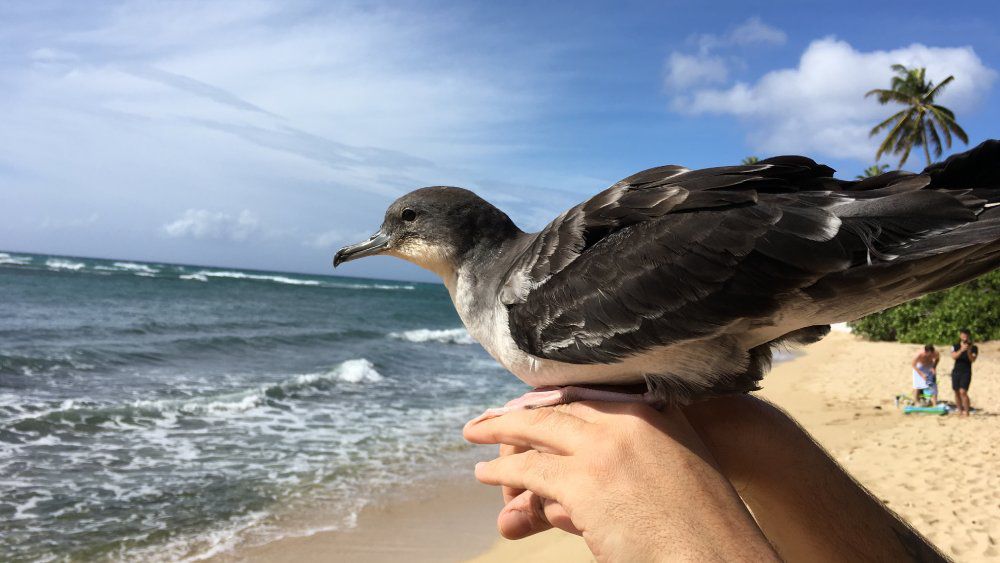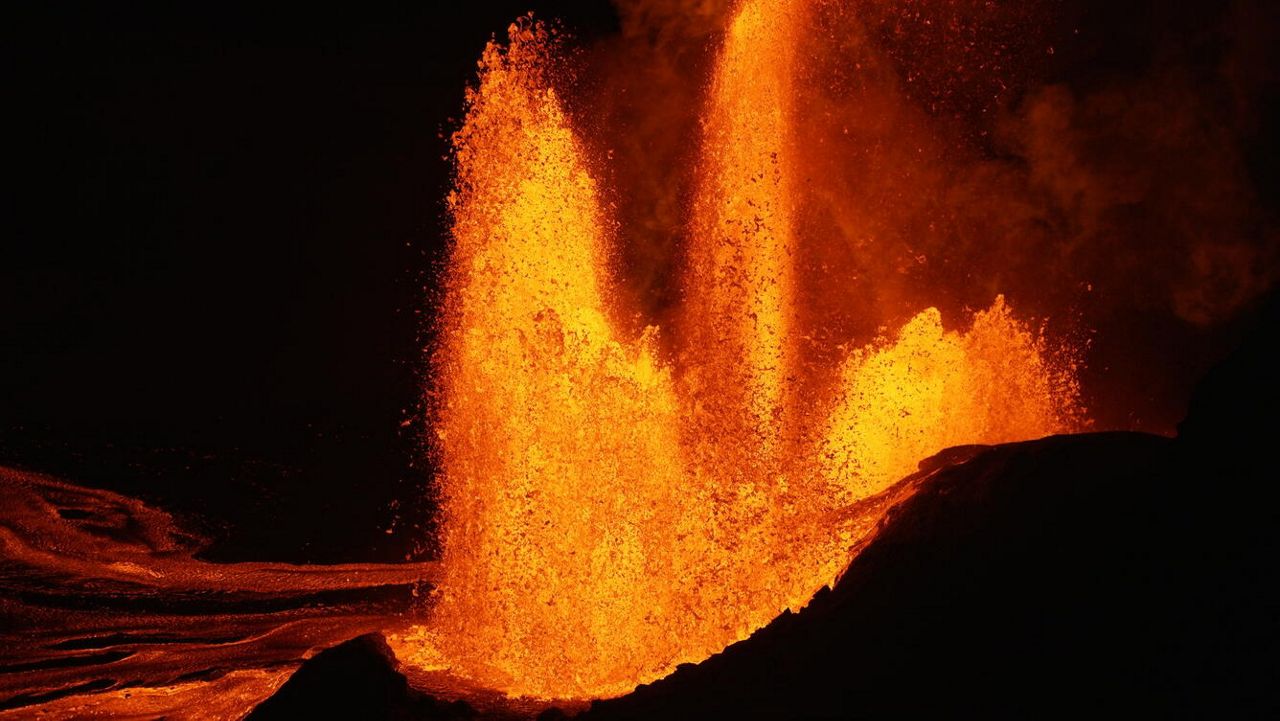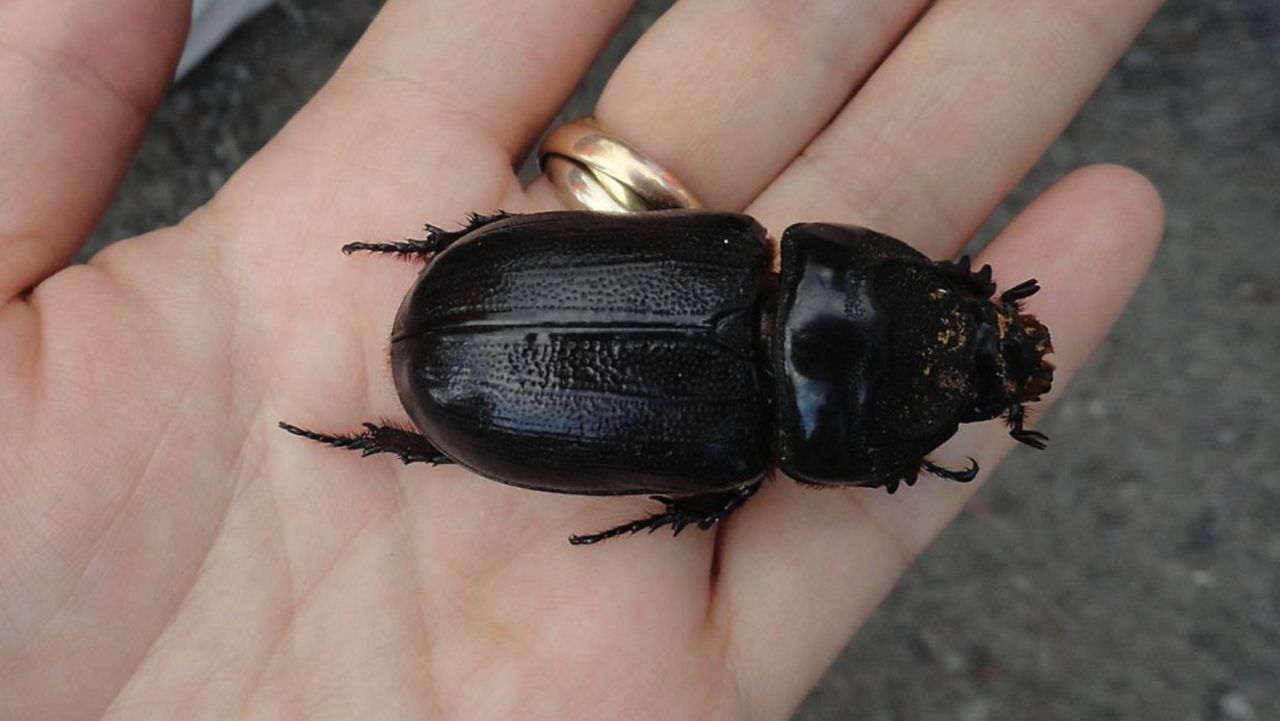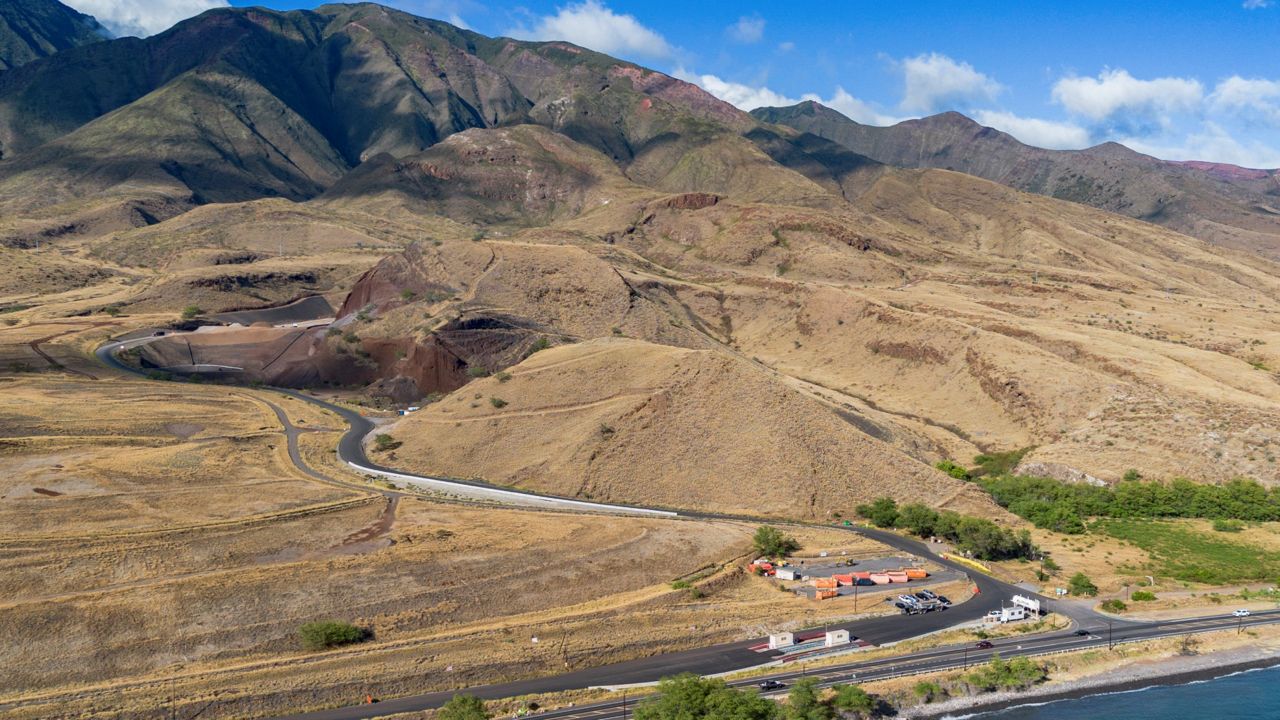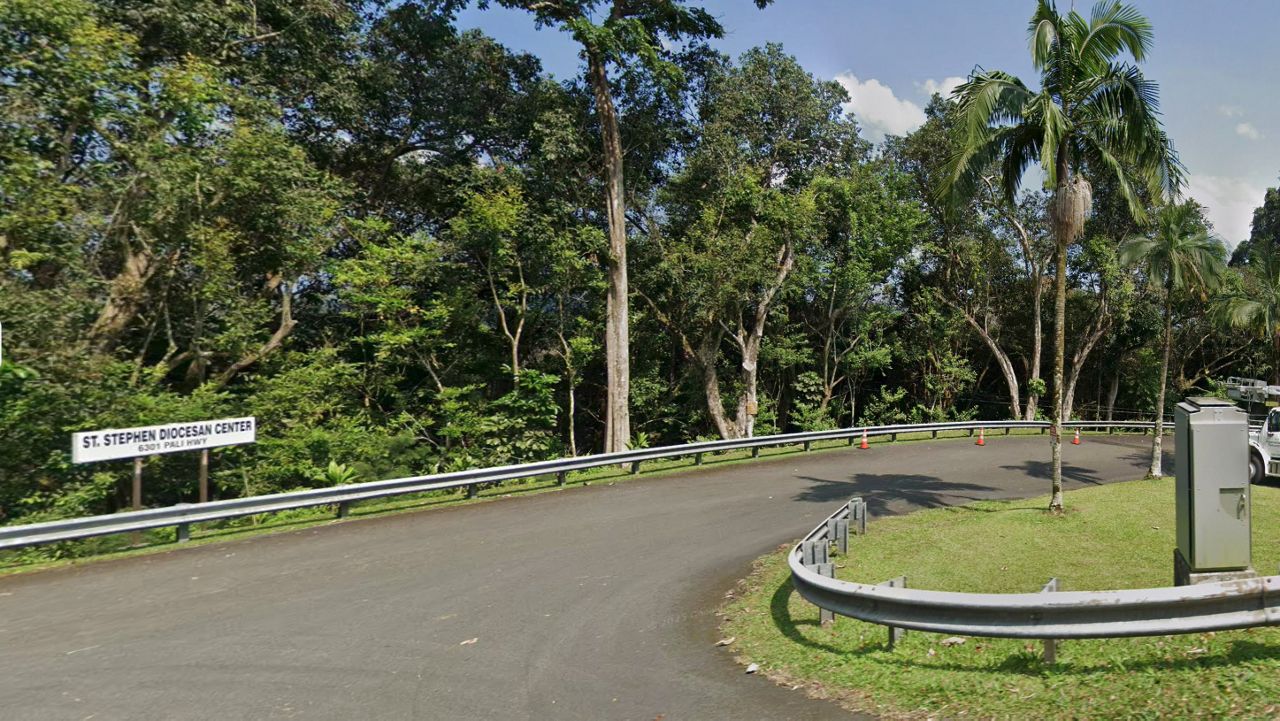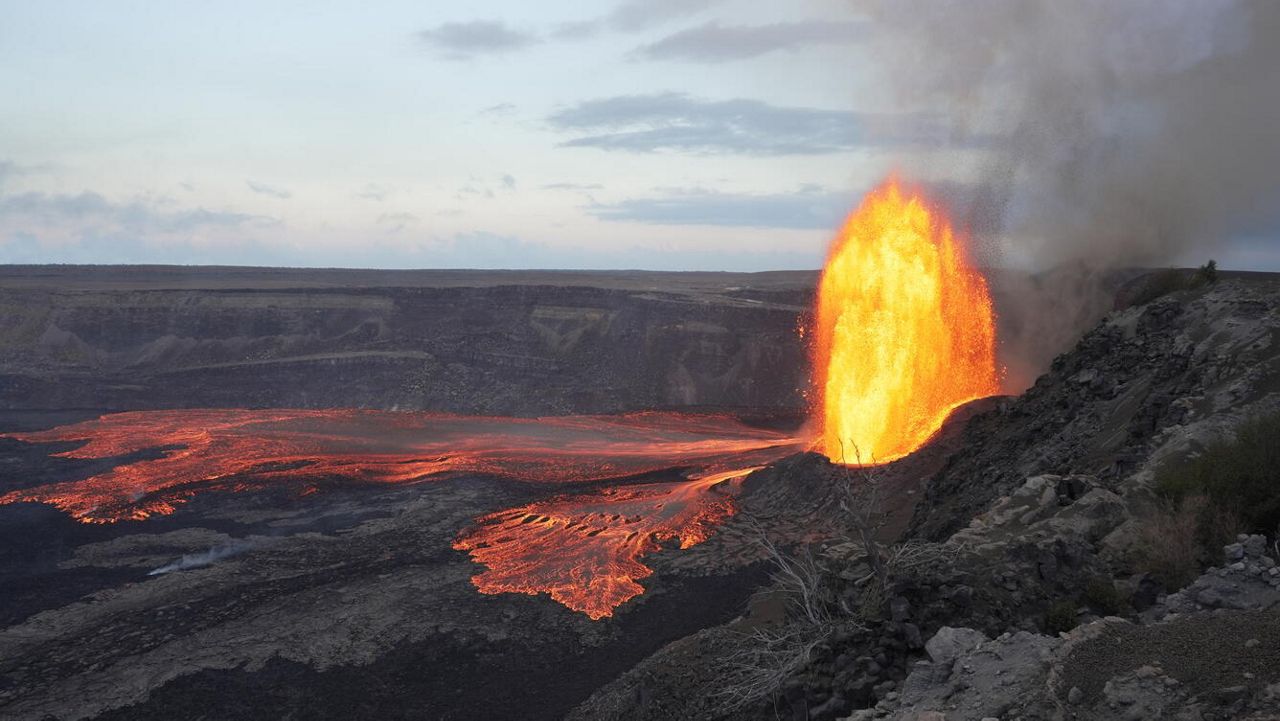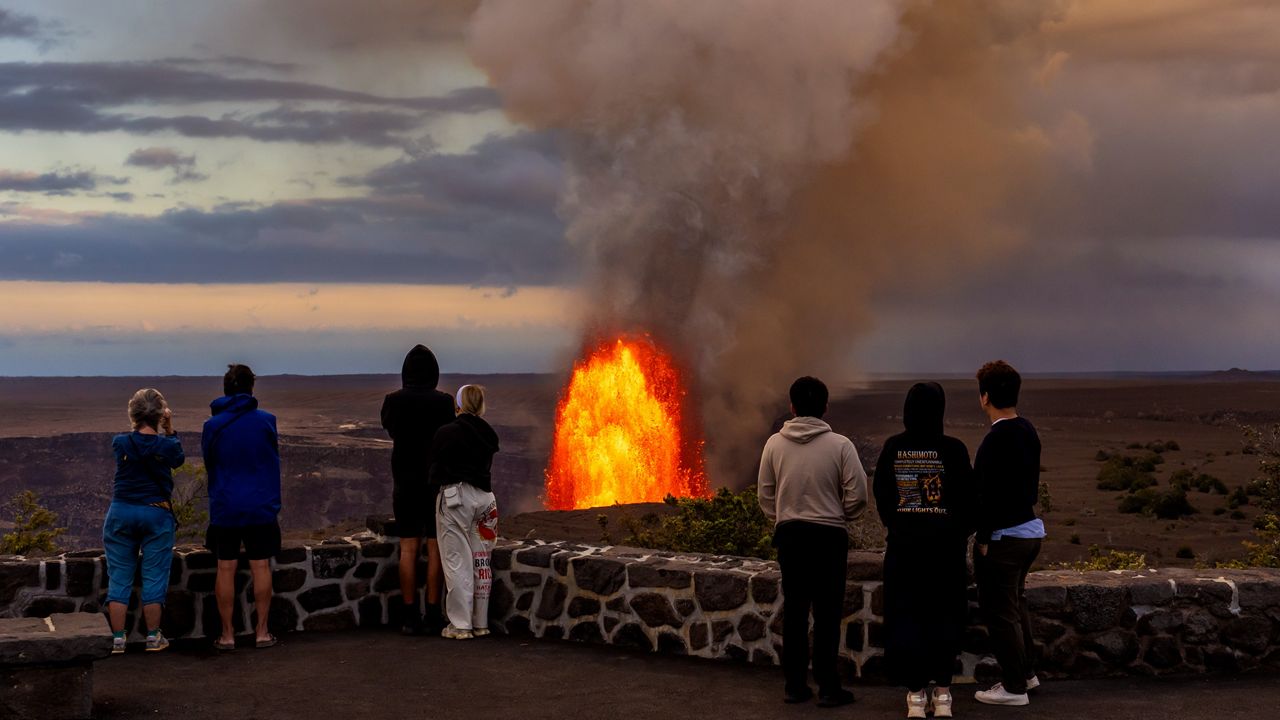HONOLULU — Mid-September through December is what’s known as the seabird fallout season and anyone who finds a downed or injured seabird, native bird or bat species is asked to help by taking them to an approved drop-off site to ensure it receives care.
As one of two organizations permitted by state and federal wildlife agencies to provide medical treatment and rehabilitation to native wildlife, Hawaii Wildlife Center is preparing to receive any birds in need of help by extending the hours of operations of its Oahu satellite clinic team.
Feather and Fur Animal Hospital continues to receive downed seabirds 24/7 and works with HWC staff on an ongoing basis. HWC provides rehabilitation and short-term care before birds are released, or if seriously injured, birds are transported to its Hawaii Island hospital for long-term rehabilitation.
“Our goal is to ensure that downed seabirds receive immediate care and attention,” said Linda Elliott, president and director of the Hawaii Wildlife Center, in a news release. “The enhanced services of our Oahu satellite clinic team, combined with our ongoing partnership with Feather and Fur Animal Hospital, will allow us to better serve our native seabirds during this critical season.”
Every year young seabirds such as wedge-tailed shearwaters leave their nest for the first time – always at night using the light of the moon to navigate their way toward the open ocean. However, bright artificial lights from hotels, airports, homes, buildings and streetlights compete with the moon and confuse the fledglings. As a result, they can circle artificial lights to the point where they drop to the ground out of sheer exhaustion or after colliding into the light source.
On the ground, the fledglings can fall prey to cats, mongoose, dogs or other animals and be hit by vehicles. Quick rescue is essential to their survival.
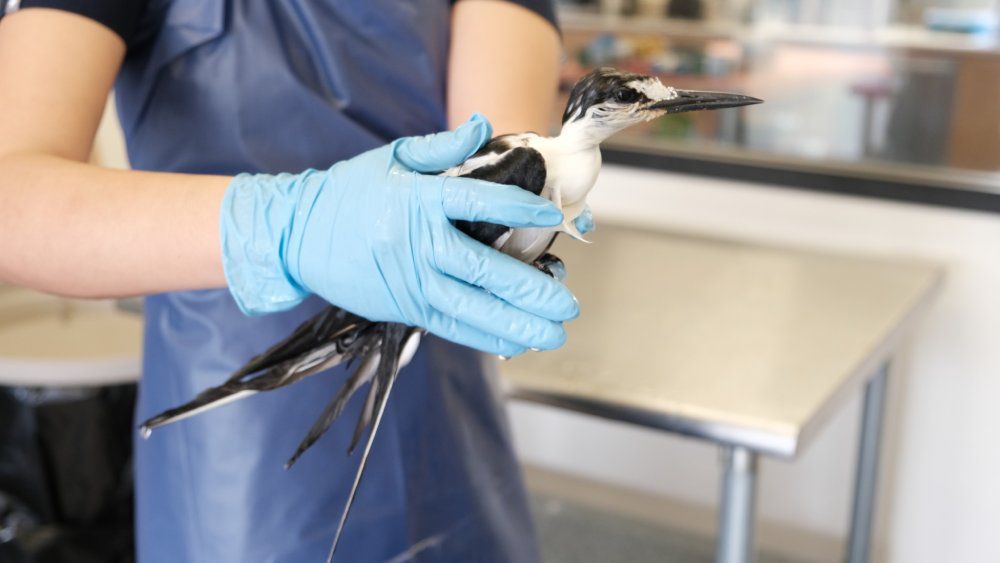
The fasted way to ensure the animal receives care is to take it to an approved drop-off site:
• Feature and Fur Animal Hospital, 25 Kaneohe Bay Dr. #132, Kailua, 808-254-1548 - open 24/7
• James Campbell National Wildlife Refuge, 56-795 Kamehameha Hwy., Kahuku, 808-688-6376 — open only October through December, 8 a.m. to 4 p.m. Monday through Friday. Closed on weekends and federal holidays
• Waianae Small Boat Harbor, 85-941 Farrington Hwy., Waianae, 808-697-7095 — open only November through December, 7:45 a.m. to 4 p.m. Monday through Friday
If you’re unsure if the bird is a seabird or if it needs help, call the Hawaii Wildlife Center at 808-884-5000 or email a photo to birdhelp@hawaiiwildlifecenter.org. They are open 9 a.m. to 5 p.m. daily.
Hawaii Marine Animal Response, Hawaii’s largest nonprofit dedicated to marine species rescue and response, provides images and a description of seabirds on its website.
If you’re not able to transport the bird to a drop-off site, alternative transport can be arranged through HWC’s Wheels for Wildlife volunteer program or an approved response organization; however, note that it will delay care of the bird.
For folks on Kauai, delivering an injured or downed bird directly to Save our Shearwaters is the first option for fastest care. Hours are 10 a.m. to 5:30 p.m. daily. Call ahead if you intend to drop off a bird, 808-635-5117. SOS is located at 7370 Kuamoo Rd. in Kapaa. Birds can also be taken to the nearest fire station.
SOS also asks the community to help during fledgling season by turning off outdoor lights, keeping cats indoors and dogs leashed, keeping an eye out for birds on the ground, and keeping a towel and box in your vehicle in case you come across a downed seabird.
On Maui, people can contact the Maui Nui Seabird Recovery Project at 808-573-BIRD (2473).
Since it began in 2017, the HWC’s Oahu Seabird Aid Program has rescued and rehabilitated thousands of birds. The program took care of 734 birds in 2023 alone, accounting for 66% of patients statewide. Uaʻu kani, or wedge-tailed shearwaters, made up 97% of patients with an overall release rate of 97%.
The public can support the work of HWC and its Oahu Seabird Aid Program by donating online.
For a list of drop-off sites, organizations and federal and state agencies that help seabirds and native birds, visit the Department of Land and Natural Resources’ Division of Forestry and Wildlife website.
Sarah Yamanaka covers news and events for Spectrum News Hawaii. She can be reached at sarah.yamanaka@charter.com.




